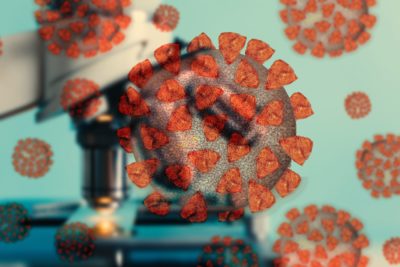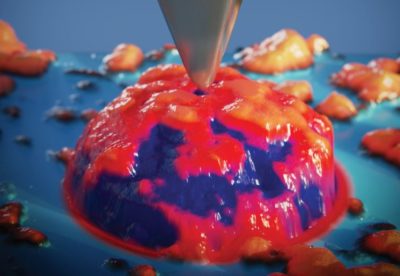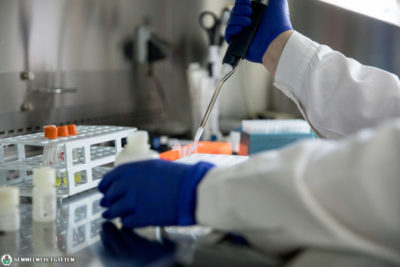Different mutations in SARS-CoV-2 associate with severe and mild outcome
 SARS-CoV-2 is the most recently discovered among the seven human coronaviruses that initiated the ongoing COVID-19 outbreak at the end of 2019. The linear genome of the SARS-CoV-2 virus has 29,903 bases and encodes 25 viral genes. These viral genes among others encode proteins responsible for the structure: the envelope protein (E), the spike glycoprotein (S), the membrane glycoprotein (M) and nucleocapsid proteins (N), while other proteins are responsible for function: RNA dependent RNA polymerase, exonuclease and methyltransferase. Mutations affecting these functional or structural proteins may increase the infectivity of the virus (its pathogenicity in other words). It is important to emphasize that in addition to structural and functional proteins, the mutations affecting nonstructural proteins (NSP) may also have an important role in the pathogenicity of the virus.
SARS-CoV-2 is the most recently discovered among the seven human coronaviruses that initiated the ongoing COVID-19 outbreak at the end of 2019. The linear genome of the SARS-CoV-2 virus has 29,903 bases and encodes 25 viral genes. These viral genes among others encode proteins responsible for the structure: the envelope protein (E), the spike glycoprotein (S), the membrane glycoprotein (M) and nucleocapsid proteins (N), while other proteins are responsible for function: RNA dependent RNA polymerase, exonuclease and methyltransferase. Mutations affecting these functional or structural proteins may increase the infectivity of the virus (its pathogenicity in other words). It is important to emphasize that in addition to structural and functional proteins, the mutations affecting nonstructural proteins (NSP) may also have an important role in the pathogenicity of the virus.
Coronaviruses have generally a stable genome which changes very little over time. The fundamental question of SARS-CoV-2 research is whether or not the virus can get weaker or stronger with time. As Ádám Nagy, assistant lecturer of the Department of Bioinformatics explained, the aim of the study was to identify mutations of the virus that may be associated with the severity of the viral infection. The research results show that there are several of such mutations. Nucleocapsid was the protein with most significant mutations (P13L, S194L, R203K, G204R and I292T) linked to both mild and severe patient outcome. The findings suggest that there are mutations that can support the possible occurrence of these changes so there is a chance that the course of the disease will shift towards milder or more severe patient outcomes.
Ádám Nagy, Sándor Pongor, Balázs Győrffy (2020)
Int J Antimicrob Agents, 106272.
https://doi.org/10.1016/j.ijantimicag.2020.106272


